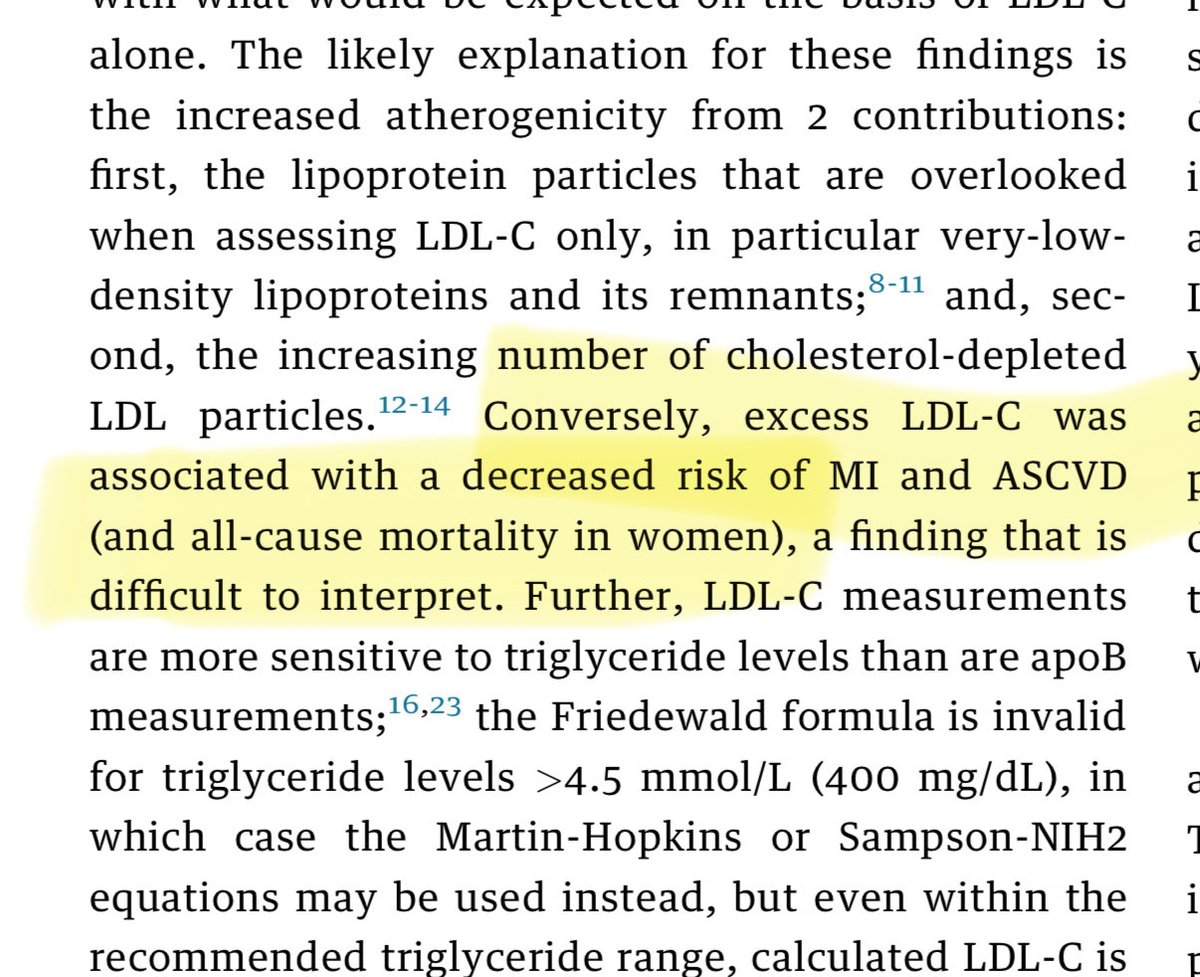🚨THREAD
Why calories NEVER mattered...
1/n
Why calories NEVER mattered...
1/n
We have known as far back as 1982 that tracking calories, food logging is inaccurate & doesn’t predict weight loss
10.1093/ajcn/35.4.727.
2/n
10.1093/ajcn/35.4.727.
2/n

Meta-analysis in 2008 by Harnack and French, then follow-up in 2014 from Eblel, Kiszko reviews and assesses the evidence on the effectiveness of calorie labeling at the point of purchase
"Concerns on the effectiveness of calorie labeling policies"
10.1007/s10900-014-9876-0
3/n
"Concerns on the effectiveness of calorie labeling policies"
10.1007/s10900-014-9876-0
3/n

Less than 0.1% of people getting fast food actually care about calories...
10.2105/AJPH.2008.136457
4/n
10.2105/AJPH.2008.136457
4/n

nutritional labeling in a college setting caused some people to eat more....
10.1016/0271-5317(95)02001-C
6/n

10.1016/0271-5317(95)02001-C
6/n


dietitians miscalculate calories by 10-20%, lay people around 20-30% and some patients with obesity up to 50%
10.1016/s0002-8223(02)90316-0
7/n
10.1016/s0002-8223(02)90316-0
7/n

Head to head, calorie counting performs worse than EVEN the low fat diet (the diet that failed the last half century)
10.1136/bmj.314.7073.29
8/n
10.1136/bmj.314.7073.29
8/n

There are millions of people with access to calorie information with no END in sight to the obesity pandemic
9/n
9/n

SUMMARY:
Calorie estimation for both intake & expenditure are inaccurate, even for orthorexic dietitians/trainers
Several real-world examples from NYC, college cafeterias, menus etc have shown that calorie information has no clear positive impact on food intake
11/n
Calorie estimation for both intake & expenditure are inaccurate, even for orthorexic dietitians/trainers
Several real-world examples from NYC, college cafeterias, menus etc have shown that calorie information has no clear positive impact on food intake
11/n
Educating patients on calories has been an overall disastrous experiment with no signs of real world improvement
Calorie counting and point tracking diets HAVE never been shown to be superior to ANY approach
Consider stopping the bullshit & actually helping people instead
/end
Calorie counting and point tracking diets HAVE never been shown to be superior to ANY approach
Consider stopping the bullshit & actually helping people instead
/end
If you want to hear me lecture on this join me this Saturday for a Grand Rounds for @TheSMHP @DougieReynolds
We will discuss why calories NEVER mattered and the history & importance of glycemic variability...
We will discuss why calories NEVER mattered and the history & importance of glycemic variability...
@DrBubbs this one is for you!
• • •
Missing some Tweet in this thread? You can try to
force a refresh








